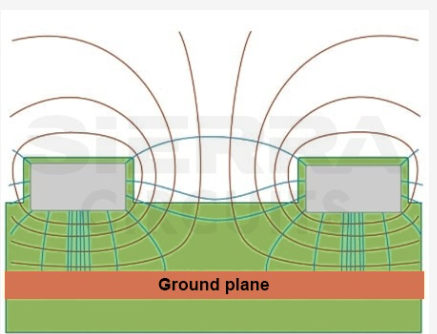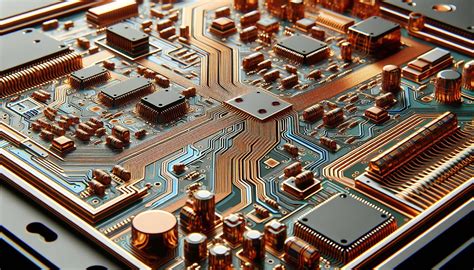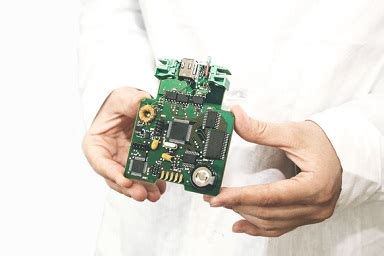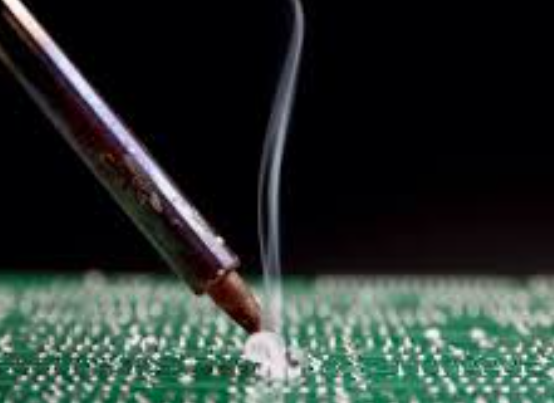Finding the Best PCB Assembly Service for Your Project Needs
Key Takeaways
Choosing the right PCB assembly service is crucial for the success of your project. Understanding the pcba process and its implications on your final product will greatly influence your decision. Key factors such as quality assurance, production capabilities, and lead times should be thoroughly evaluated. It’s essential to inquire about the provider’s certifications and expertise in specific technologies that pertain to your project requirements. Additionally, assessing their ability to handle different quantities and types of components can help gauge whether they are a suitable partner for your needs. Establishing clear communication channels and defining expectations from the outset can lead to a productive relationship, ensuring that both parties are aligned throughout the production process. Considering these elements can help you select a reliable service that not only meets your needs but also enhances the overall quality of your pcb assembly project.
Understanding PCB Assembly: An Introduction
PCB assembly (also referred to as PCBA) is a critical process in the electronics manufacturing industry, transforming a conceptual design into a fully functional electronic device. This procedure involves the systematic arrangement of electronic components onto a printed circuit board (PCB), ensuring that all parts are soldered correctly to perform their designated functions. The significance of pcb assembly lies not only in its technical intricacies but also in its impact on product reliability and performance.
An effective PCB assembly service encompasses several stages, including component procurement, assembly, and testing. Each phase plays a vital role in the overall quality of the final product. The choice of materials, techniques used for soldering, and quality control measures implemented during the process can greatly influence the durability and functionality of the assembled boards. It’s essential for companies to engage with services that prioritize these aspects.
When searching for the right pcb assembly service provider, it’s advisable to understand their capabilities fully. Aspects such as lead times, minimum order quantities, and flexibility in custom designs should be carefully evaluated. Furthermore, using advanced technologies like automated optical inspection (AOI) can enhance the quality assurance processes in PCBA, minimizing defects and ensuring compliance with industry standards.
The combination of these factors ultimately determines not only how smoothly your project will proceed but also how well it will perform in the real world. Therefore, investing time and effort into selecting an adept pcb assembly partner is crucial for achieving desired outcomes.
| Key Factor | Description |
|---|---|
| Component Sourcing | Quality and sourcing reliability play vital roles. |
| Assembly Techniques | Types of techniques that affect final product quality. |
| Testing Procedures | Importance of thorough testing for performance verification. |
By keeping these considerations at the forefront while exploring potential providers, stakeholders can foster a productive partnership that elevates their project’s success rate.
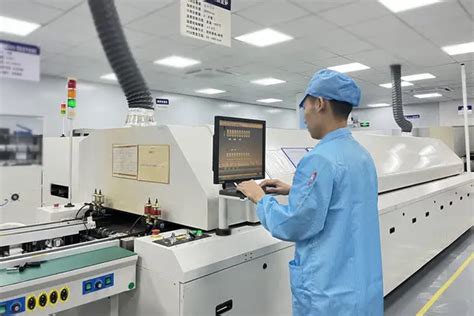
Key Factors to Consider When Choosing a PCB Assembly Service
When looking for a pcb assembly service, several key factors can significantly influence your project’s success. First, assess the capabilities of the potential provider. Check whether they can handle the specific technologies involved in your project, such as surface mount technology (SMT) and through-hole components. It’s also vital to ensure they have experience with similar projects or industries, as this can affect their understanding of your unique requirements. Another important consideration is their quality assurance processes. A reliable pcba service should adhere to industry standards such as IPC-A-610, which guarantees that your printed circuit boards meet required quality levels.
In addition to quality, timeliness is crucial; inquire about their manufacturing and assembly lead times, ensuring they align with your project timeline. Discussing their communication practices is necessary as well—an effective partner should provide regular updates and be responsive to inquiries during the manufacturing process. Furthermore, delving into their cost structure will help you understand what you are paying for; be wary of hidden fees that could inflate costs down the line. Lastly, consider the provider’s ability to offer post-assembly services such as testing and support; these can enhance your overall experience and ensure a smooth transition from assembly to deployment. Making informed decisions on these factors will set a solid foundation for a successful collaboration with your chosen PCB assembly service.
Important Questions to Ask Your PCB Assembly Provider
When embarking on a project that involves PCB assembly, it is crucial to engage with potential PCB assembly providers by asking the right questions. Start by inquiring about their experience and expertise in handling projects similar to yours. Understanding their knowledge of various PCBA technologies and materials will provide insight into their capabilities. Furthermore, ask about their quality assurance processes to ensure they meet industry standards; this can significantly impact the reliability of your final product. It is also beneficial to discuss their manufacturing capabilities, including lead times, production volume, and flexibility to accommodate changes. Don’t forget to address communication methods—how often will you receive updates on the project’s progress? Lastly, clarify the warranty and post-assembly support they offer, as this could save you from potential issues down the line. By posing these essential questions, you can gauge whether a pcb assembly service aligns with your specific project requirements and establishes a firm foundation for a successful collaboration.
Evaluating the Reliability of PCB Assembly Services
When selecting a PCB assembly service, assessing its reliability is crucial to ensure the successful execution of your project. Start by examining the pcba provider’s track record; a company with a history of successful collaborations is often an indicator of dependable service. Look for customer testimonials and case studies that highlight the provider’s ability to meet deadlines and deliver quality products. It’s also beneficial to inquire about their quality control processes. Understanding how they manage defects and errors in production is vital since these factors can significantly impact your project’s timeline and overall success. Additionally, consider whether they offer warranties or guarantees on their work, which can provide extra reassurance regarding their commitment to quality and customer satisfaction. Furthermore, assessing their customer service responsiveness is critical; a reliable partner should be accessible and communicative throughout the project’s lifecycle. By carefully evaluating these aspects, you can make an informed decision when choosing a PCB assembly service that aligns with your specific project needs.
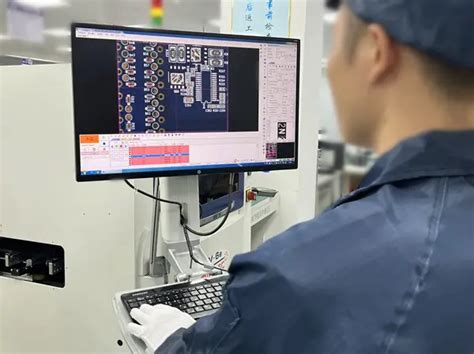
The Role of Technology in PCB Assembly Quality
In today’s fast-paced electronics industry, the significance of technology in enhancing PCB assembly quality cannot be overstated. The integration of advanced machinery and software solutions has revolutionized the PCBA process, enabling manufacturers to achieve greater precision and efficiency. Automated inspection systems, for instance, employ sophisticated algorithms that detect defects at a microscopic level, ensuring that each component is placed correctly and functioning optimally. Moreover, innovations such as automated soldering techniques have significantly reduced human error, thus elevating the overall reliability of the assemblies produced. Additionally, the adoption of digital twin technology allows designers to simulate and test their circuits in a virtual environment before actual production begins. This proactive approach not only minimizes costly revisions but also enhances the end product’s durability and performance. As technology continues to evolve, partnering with a PCB assembly service that embraces these advancements will be crucial for companies aiming to deliver high-quality electronics while maintaining competitive lead times. By leveraging state-of-the-art equipment and techniques, your project can benefit immensely from improved accuracy, faster turnaround times, and reduced material waste, all contributing to a more robust final product.
Cost Considerations: Balancing Quality and Budget
When selecting a PCB assembly service, one of the most critical aspects to evaluate is the cost associated with the services provided. It’s essential to strike a balance between quality and budget. While it may be tempting to opt for the lowest-priced option, this can lead to compromising on the quality of your PCBA. High-quality materials and advanced technologies are often reflected in a higher price point; however, investing in these aspects can minimize long-term risks such as delays, malfunctions, and ultimately increased costs for rework or replacements. Therefore, when assessing potential PCB assembly providers, consider their pricing structure in relation to their reputation for quality and customer satisfaction. Don’t hesitate to ask for examples of previous work or customer testimonials that showcase their reliability and capability. Additionally, inquire about any hidden fees that could emerge during production phases; being upfront can save both money and frustration down the line. Ultimately, a transparent discussion about costs enables you to partner with a service that meets your budgetary constraints while ensuring the superior quality of your PCBA products.
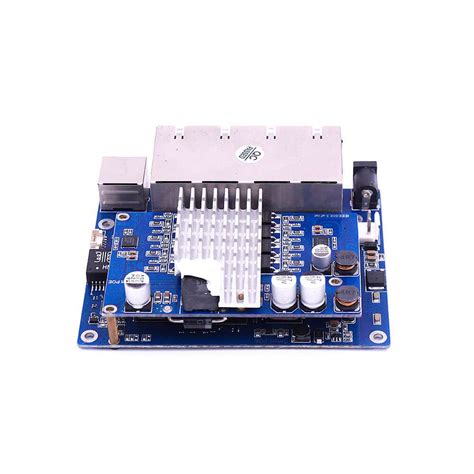
Tips for Establishing a Successful Partnership with Your PCB Assembly Service
Establishing a successful partnership with your PCB assembly service requires clear communication and mutual understanding. Begin by setting well-defined expectations regarding timelines, quality standards, and service levels. It’s essential to foster an environment where both parties feel comfortable discussing any issues that may arise during the PCBA process. Regular updates and feedback can enhance collaboration and help identify potential roadblocks early, ensuring timely resolutions. Moreover, consider the technical capabilities of your chosen provider; they should not only have the necessary equipment but also a knowledgeable team that can adapt to specific project requirements. Evaluate their commitment to quality control measures, as this will significantly affect the final product. Engaging in continuous dialogue about design changes, material selection, and assembly processes is crucial for achieving optimal results. As you build this partnership, investing in a relationship based on trust and transparency will go a long way toward ensuring that your PCB assembly needs are met effectively and with precision.
Case Studies: Success Stories in PCB Assembly Collaboration
In the world of pcb assembly, real-world examples often highlight the profound impact that selecting the right pcb assembly service can have on project outcomes. One notable case involves a startup that aimed to launch an innovative consumer electronic device. Initially, they partnered with a local service that offered low-cost PCBA solutions; however, early prototypes revealed critical flaws in design and functionality. After extensive troubleshooting, they sought a more experienced provider with a solid reputation in pcb assembly. This new partnership emphasized transparent communication and rigorous quality control methods, significantly enhancing their product’s reliability. As a result, they dramatically reduced time-to-market and improved customer satisfaction ratings upon release.
Another compelling case is that of an established automotive company that needed high-volume pcba for their latest line of electric vehicles. By collaborating with a specialized pcb assembly service known for its innovation and scalability, they were able to integrate advanced technology into their products, which not only met safety regulations but also pushed the boundaries of performance. This partnership not only fulfilled their immediate needs but also paved the way for long-term collaboration on future projects.
These stories exemplify how thoughtful selection of a pcb assembly provider can turn potential challenges into opportunities for growth and innovation. Whether it is achieving cost-efficiency or enhancing product quality, aligning with the right partner in pcba can lead to successful outcomes that benefit both the manufacturer and its customers.
Conclusion
In conclusion, finding the best PCB assembly service is crucial for the success of your projects. With the myriad of options available, it’s essential to focus on key factors such as experience, technology utilized, and customer support to ensure you select a partner that aligns with your needs. When evaluating potential providers, consider how their capabilities in PCBA (printed circuit board assembly) cater to your specific requirements. Inquire about their quality assurance measures and turnaround times, as these aspects significantly impact your overall project timeline. Establishing a successful partnership involves clear communication and a shared understanding of project goals, fostering an environment where both parties can thrive. By prioritizing these elements, you increase the likelihood of collaborating with a reliable service that enhances your product’s development process and meets your quality standards effectively.
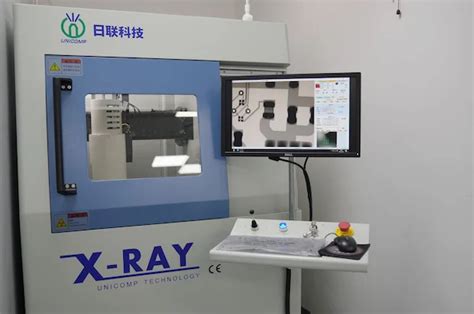
FAQs
What is PCB assembly?
PCB assembly, or PCBA, is the process of connecting electronic components to a printed circuit board (PCB) to create a functional electronic circuit. This process is critical in turning the design into a working product.
Why should I consider professional PCB assembly services?
Opting for professional PCB assembly services ensures high-quality production methods, expertise, and advanced technology that enhance the reliability and performance of your final product.
How do I select the best PCB assembly provider?
When selecting a PCB assembly provider, consider factors such as their experience in the industry, quality assurance processes, technology capabilities, and customer reviews.
What are important questions to ask a PCB assembly service?
Key questions include: What are your production capabilities? Can you provide references from previous clients? What is your quality control process? How do you handle project timelines?
What role does technology play in PCB assembly quality?
Technological advancements play a significant role in ensuring precision and efficiency in the PCB assembly process. Utilization of advanced machinery can lead to better quality control and faster production times.
What should I keep in mind regarding cost when choosing PCB assembly services?
Balance is essential; while opting for cheaper options might save costs upfront, always consider long-term reliability and quality as pivotal factors that can impact overall project success.
For more information about optimizing your pcb assembly, please click here: Andwin PCB Assembly Services



